More than 300 South Korean nationals swept up in a US immigration raid at a Hyundai–LG battery plant site in Georgia touched down at Incheon on Friday to cheers, tears, and a whole lot of political fallout.
A Korean Air 747 charter carried 330 people from Atlanta — 316 South Koreans (including a pregnant woman) plus a handful of Chinese, Japanese, and Indonesian colleagues — a week after 475 workers were detained in a Sept. 4 raid at the sprawling construction project west of Savannah. One South Korean chose to remain in the US; the rest headed straight into arms of waiting families.
“I’m back! I’m free!” one worker shouted in the arrivals hall, where presidential chief of staff Kang Hoon-sik led a small official welcome and asked media to blur faces at the workers’ request. Outside, a protester unfurled a banner lampooning the US crackdown before security moved him along.
Images released by US authorities of Korean workers shackled at the wrists, ankles and waist set off outrage in South Korea — not just among families, but across the political spectrum. Many saw the treatment as a slap at a key ally that has poured tens of billions into American factories.
Workers who spoke briefly to reporters described the shock of armored vehicles and drawn guns, cramped cells, and makeshift conditions.
“Nobody wants to stay and work when it’s like this,” said one installer. Another called detention “cold and difficult,” adding he was simply “happy to be home.”
The group had been held at the Folkston ICE Processing Center in rural Georgia. Seoul said it negotiated for detainees to be released and transported without restraints, a key demand after the shackling video.
US officials say some workers crossed the border illegally, while others overstayed visas or entered on visa waivers (ESTA) and weren’t authorized to work. Korean firms counter that America’s creaky visa system has long forced them into gray-zone fixes to get short-term specialists on-site to install and certify proprietary equipment — a practice tolerated for years until now.
The site itself is a marquee project: a Hyundai–LG Energy Solution joint venture to supply EV batteries, part of a larger complex promising thousands of US jobs. LGES’s CEO said disruptions should be manageable; Hyundai North America has warned of a minimum 2–3 month startup delay after the raid.
Seoul planned to fly the group home Thursday — until President Donald Trump paused departure, asking whether some workers should stay on to train Americans. In the end, only one South Korean accepted; the rest boarded the charter.
South Korea’s foreign minister Cho Hyun, just back from Washington, said the US agreed the workers can return later to finish critical commissioning tasks. The two governments will also launch a working group to fix the pipeline — up to and including a new visa category, dedicated quotas, and faster processing for Korean technicians.
President Lee Jae Myung has been blunt: unless the US modernizes its visa rules, Korean companies will think twice about further investment — a striking warning after Seoul flagged hundreds of billions in planned US projects and Washington courted foreign manufacturers.
Relatives waiting in the parking decks outside Incheon described a week of silent phones and sleepless nights, then a flurry of midnight texts: I’m safe. I’m coming home.
“The hardest time for our family,” one brother said. In the terminal, a protest banner asked the question hanging over this episode: “We’re friends — aren’t we?”
What happens next
- Policy fix (or more friction): The new US–Korea working group will try to build a lawful bridge for short-term, high-skill deployments. Seoul is openly pushing for a bespoke visa lane so factories don’t stall waiting months for approvals.
- Project timelines: Hyundai–LG will scramble to keep the Georgia build on track. Even “manageable” delays risk knock-on effects across EV supply chains.
- Others still detained: About 140+ non-Korean workers from Latin America remain in US custody. Unions in Korea and the US want them released and employers held to account.
- Bigger picture: The raid lands just weeks after a Seoul–Washington summit and amid US tariff diplomacy. South Korea’s message is unmistakable: if the US wants allied investment, it needs predictable rules, not perp-walks for engineers.
For now, the arrivals hall says it all: relief, embarrassment, and a dawning realization in both capitals that visas — not just tariffs — can make or break “friend-shoring.”
The Guardian, NBC News, AP, and Reuters contributed to this report.
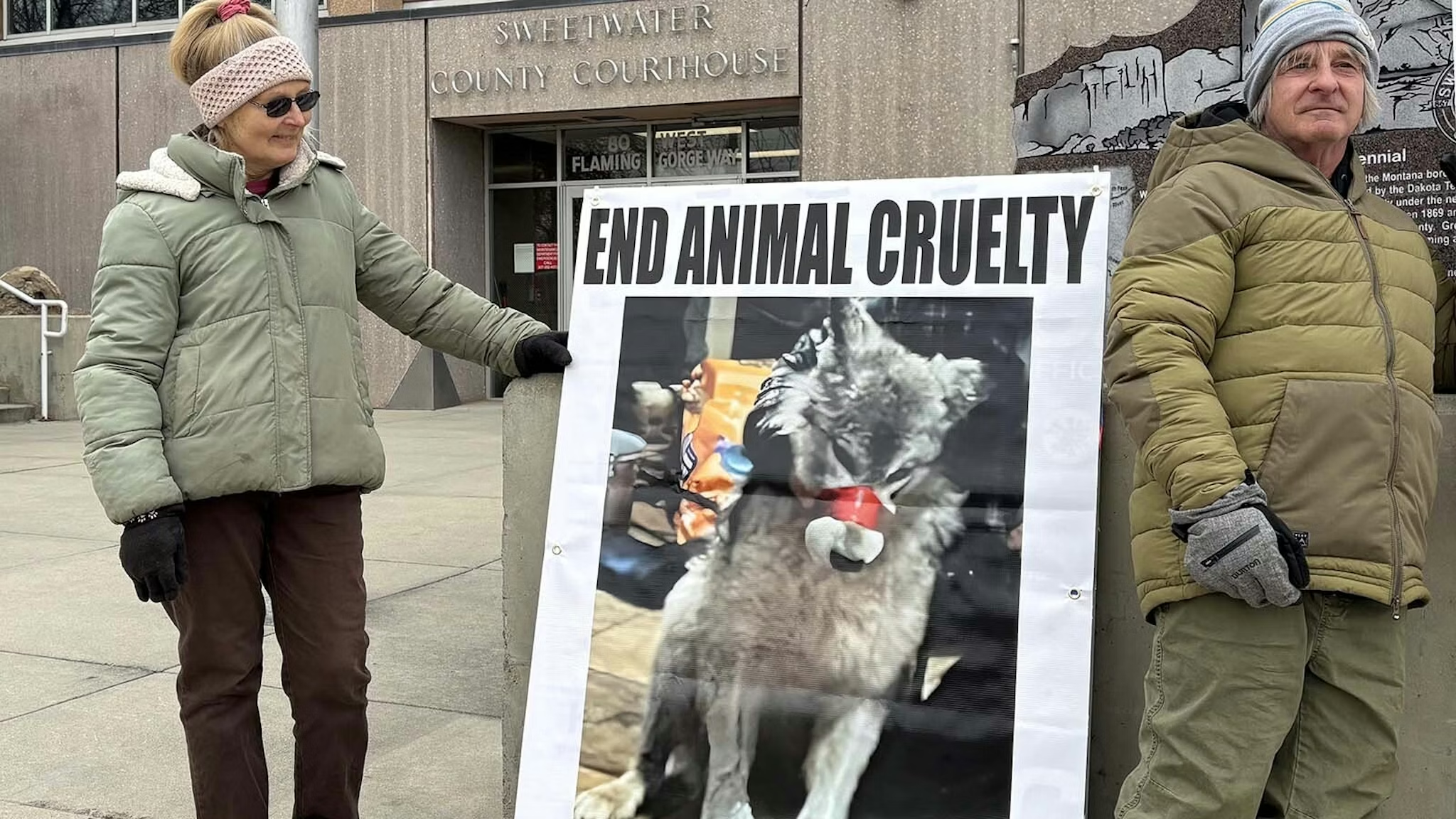
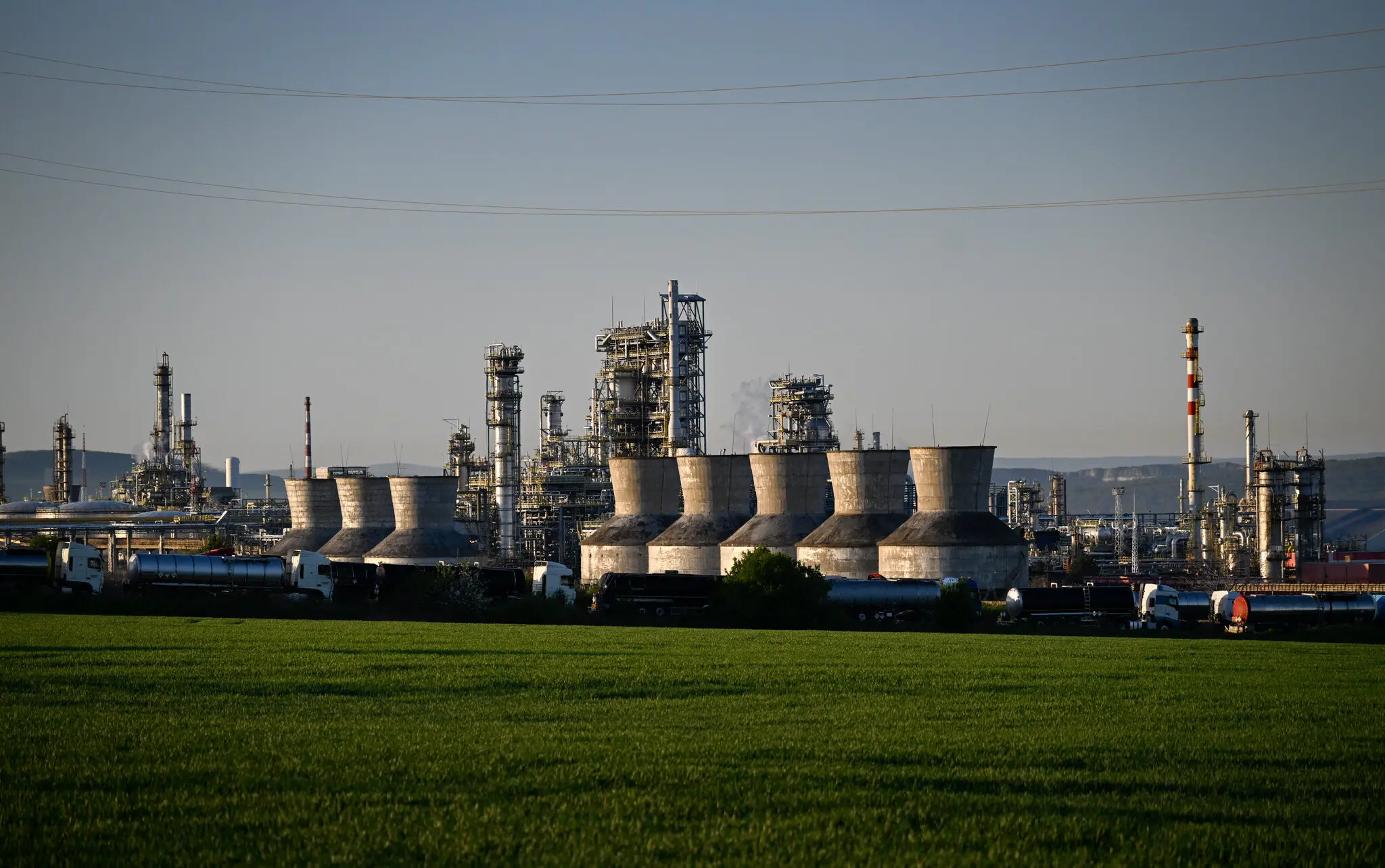

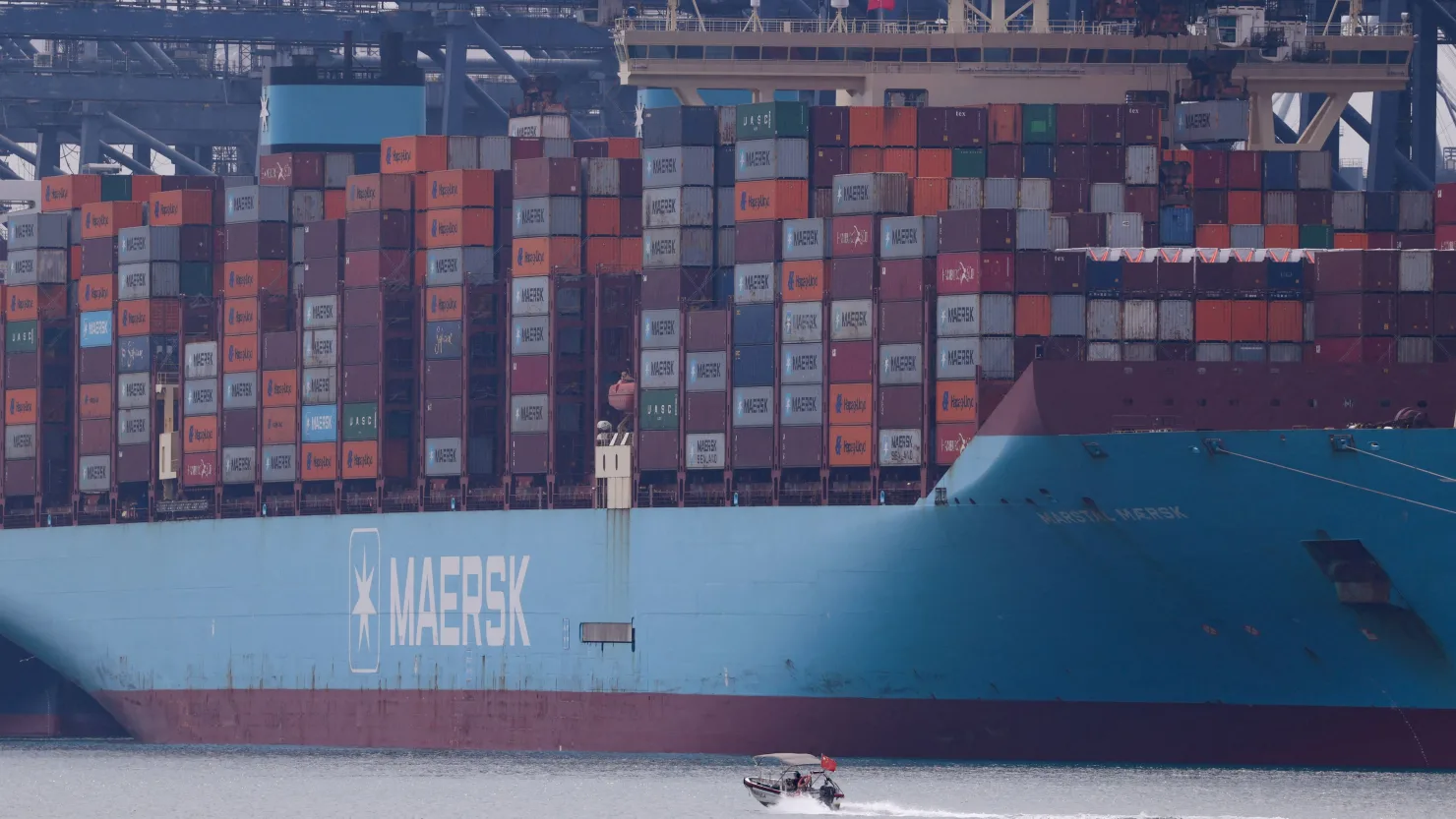
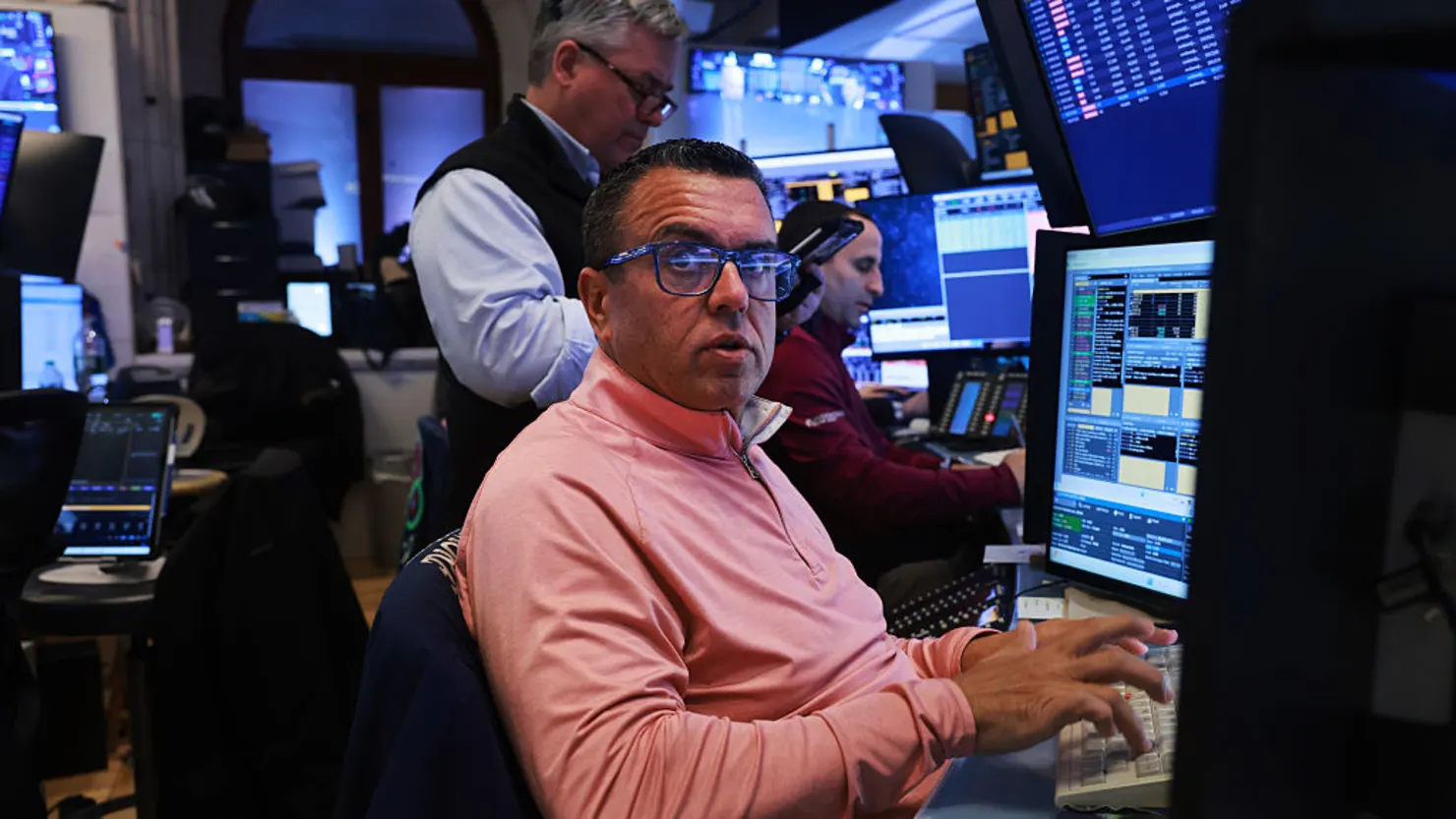
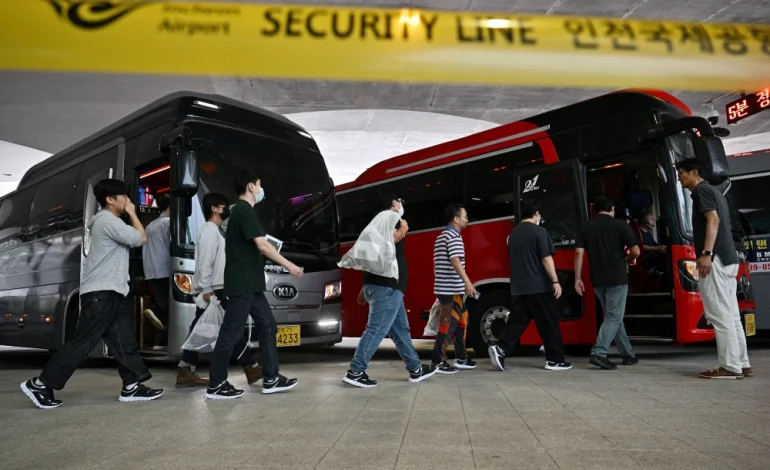




The latest news in your social feeds
Subscribe to our social media platforms to stay tuned